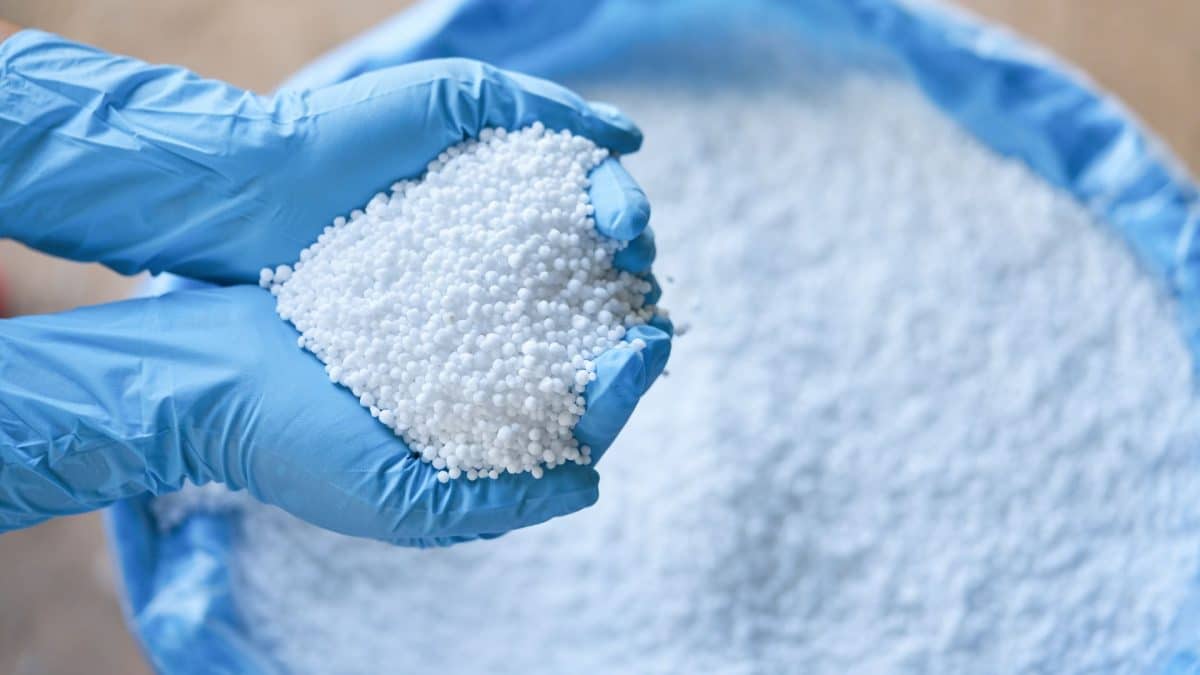Balancing Act: The Essential Role of Formaldehyde in Agriculture and the Potential Impact of Proposed New EPA Regulations

Formaldehyde may not immediately spring to mind when considering agriculture, yet it plays a critical role, particularly in the production of fertilizers. Often linked with the preservation of biological specimens, formaldehyde’s agricultural importance cannot be overstated. As a naturally occurring organic compound, formaldehyde is vital for producing granular urea and slow-release urea fertilizers. However, the EPA’s newly proposed, overly conservative risk determinations on formaldehyde could drastically alter its use in agriculture, potentially leading to higher food costs and impacting crop yields.
Understanding Formaldehyde’s Agricultural Impact
Formaldehyde is crucial in producing urea and slow-release urea fertilizers. Nearly 25% of all nitrogen consumed domestically is urea. Slow-release urea fertilizers come in both solid and liquid forms and are designed to release nutrients slowly. This slow-release process reduces nitrogen runoff—limiting environmental impacts—and ensures that crops receive a steady supply of nutrients. As a result, plants are healthier and have higher yields. This method makes formaldehyde indispensable in modern agriculture, as it enhances the efficiency of plants using nitrogen and supports sustainable farming efforts.
Why Farmers Rely on Urea-Formaldehyde
- Efficiency: This type of fertilizer releases nitrogen gradually, decreasing the need for frequent reapplication, thus reducing labor and ensuring consistent plant growth.
- Environmental Impact: It minimizes nutrient runoff, protecting water sources and ecosystems
- Versatility: Urea-formaldehyde fertilizers are versatile and can be tailored for use with a variety of crops, enhancing their applicability across different agricultural practices.
The Challenge of New EPA Formaldehyde Regulations
The Environmental Protection Agency (EPA) has released its draft risk determinations for formaldehyde and a draft occupational exposure value. Industry experts have criticized these proposed limits, arguing that the restrictions are too severe, don’t align with global standards, and are not justified by the best available science. In fact, the EPA’s proposed limits are even lower than the levels of formaldehyde found in half of homes in the US. Finalization of unobtainable exposure values could disrupt the production of essential agricultural products without improving safety. This situation highlights the need for realistic regulations that balance wellness with the practical needs of agriculture.
If finalized as proposed, the EPA’s unreasonable risk determination of formaldehyde use will create a tricky situation. The subsequent risk management rule will aim to eliminate unreasonable risks by imposing unachievable workplace protections or prohibited uses that completely bring challenges for agriculture, farmers, and consumers.
Challenges from stricter regulations could impact the lives of all Americans. Potential issues include:
- Impact on Crop Yields: If farmers are unable to use urea-formaldehyde fertilizers, we could see an impact on some crop yields, which could affect food availability and prices.
- Higher Food Prices: Increased costs in fertilizer production could lead to higher grocery prices for all Americans.
Formaldehyde may not be a familiar substance outside scientific and agricultural circles, but it’s essential for producing fertilizers that sustain our food supply. Although the industry is committed to working with agencies to promote the safety of the agriculture value chain, EPA’s proposed exposure limit is excessively strict and not based on the best available science. The challenge lies in balancing public health concerns with agricultural production needs. A more balanced approach to regulation would safeguard public health without disrupting the economic stability of farmers or impacting crop yields and food prices. By aligning these new regulations with practical agricultural practices and international standards, we can protect public health and support the foundation of America’s food system.



